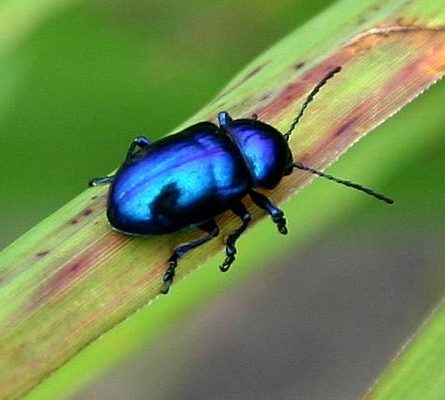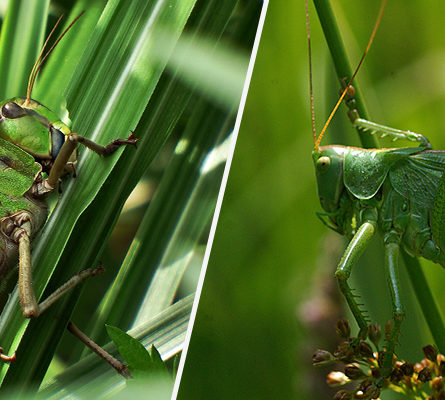On January 3, 2023, domestic crickets (Acheta Domesticus) joined the list of edible insects authorized for sale in Europe. This publication has generated an unprecedented wave of misinformation and fake news, even going so far as to convince certain European ministers to speak out on the subject. So, will we find edible insects hidden in our dishes tomorrow?
The development of entomophagy: a surprise for the EU
The inclusion of insects in our diets has been an emerging trend since 2012. Their nutritional richness, low environmental impact and culinary diversity have sparked growing interest. However, as the European legislator did not provide a “box” for insects, it failed to react quickly. Insects were only officially considered as Novel Food in 2018. Before that date, it was up to companies to respect the common rules of the agri-food industry and fend for themselves. However, the acceptance of innovative ingredients such as insects largely depends on the transparency of manufacturers and the safety guarantees they can provide.
What does the law say about food labelling?
Whether we’re talking about novel foods or not, the rules on labeling remain the same, and must comply with the European INCO regulation. Edible insects are no exception. The compulsory display of ingredients, minimum font size and nutritional information are all subject to regulation. The aim of these regulations is to ensure that consumers are fully informed about what they are consuming. Any company that decides to conceal the presence of edible insects could be prosecuted for deceptive marketing practices. The DGCCRF can fine offending companies up to 300,000 euros. At this price, it’s better not to hide.
Hiding insects in our food would be dangerous
Concealing the presence of edible insects in food products presents potential risks. Some consumers suffering from shellfish allergies are also sensitive to insects. Concealing this information could therefore have serious consequences for this population. Marketing a dish that could cause oedema in a sensitive public is not an idea with a future. Nor does it make economic sense.
Why hide an ingredient with such high added value?
Why use (and therefore hide) edible insects? You’re no doubt aware of their nutritional and environmental benefits. But insect protein is not yet competitive with other, more conventional sources. It’s therefore reasonable to assume that a company integrating insects into its products would do so with an objective other than economic, and would therefore seek to capitalize on the benefits provided. Or it might simply not use them at all, and therefore not have to play with the law and the health of its customers.
Hidden edible insects for European conspiracists and fake news
It only took a few weeks for politicians to take up the subject and denounce the presence of hidden edible insects in industrial dishes… In France, a Les Républicains senator denounces obscure plans to force Europeans to eat insects. Hungary’s Minister of Agriculture protests that the country’s culinary heritage is being jeopardized, while in Italy an anti-insect law is being enacted to satisfy the eurosceptics of the ruling far-right party… So much fakenews and misinformation that has been denounced by numerous media outlets… And neither the approval of chia seeds as a Novel Food in 2009, nor that of cramberry extract in 2017, made Italian pizza or Hungarian goulash disappear.
To conclude, and to keep nothing from you…
In conclusion, concealing the presence of edible insects in agri-food products not only contravenes regulatory standards, it also compromises consumer confidence. A transparent and responsible future requires collaboration between the food industry, regulators and consumers to ensure that transparency remains a priority, thereby ensuring the safety, confidence and integrity of the modern food system. We will strive to avoid repeating our industry’s past mistakes, and hope that no one will take the fly in the ointment.






Be the first to post a comment